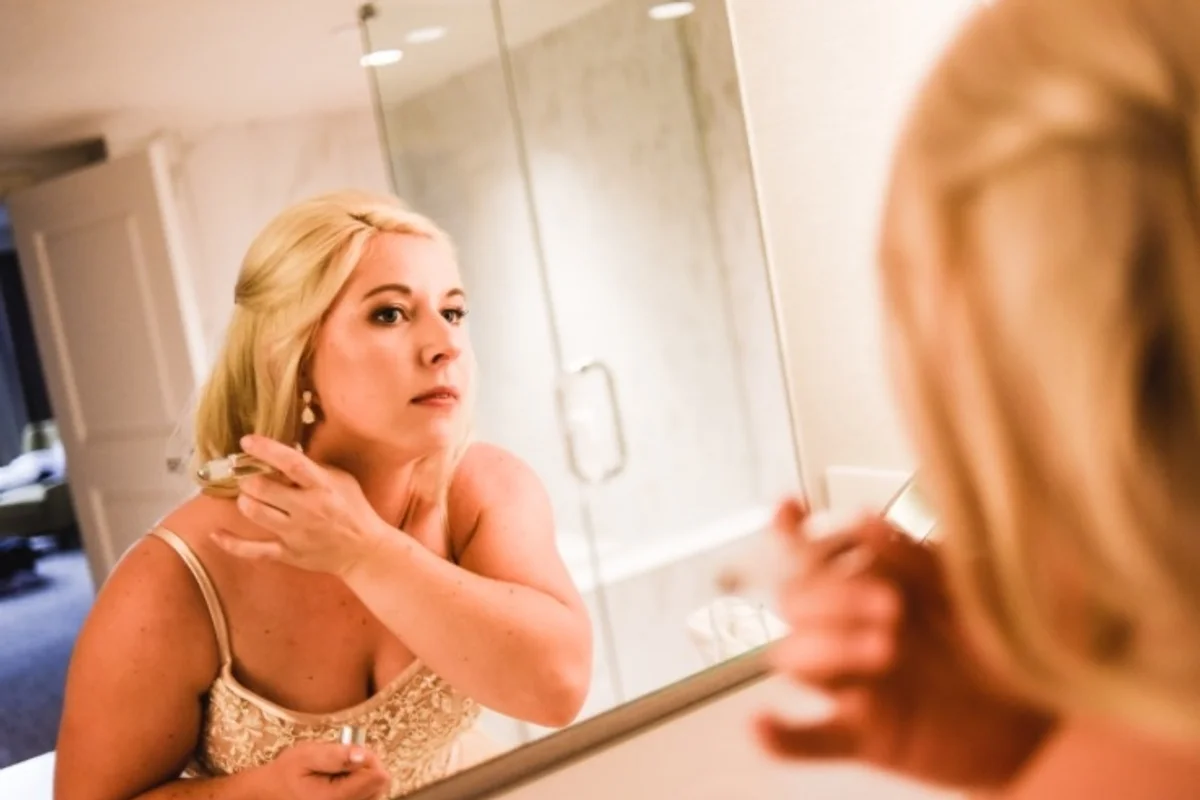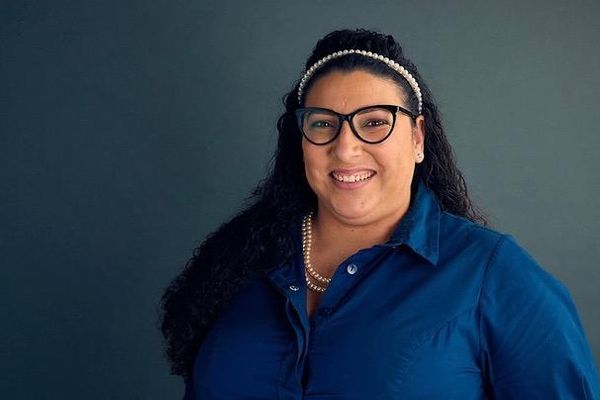I was 21 years old when I finally discovered why I’d managed to do well in school and get into a good college but cried all the time in math class and never remembered where I left my shoes.
I’d spent most of my life trying to “get it together,” always with the best intentions. As a kid, my teachers described me as talkative, intelligent but spacey, occasionally antsy and generally well-behaved. Like most girls, I learned at an early age how I was expected to behave: be obedient, work hard and don’t draw attention to yourself.
I didn’t bounce off the walls. My symptoms manifested in quieter ways — I chewed my pencils and picked at my cuticles until they bled. I lied when teachers asked me if I’d heard their directions. My inner monologue was a running stream of self-criticism and ugly insults.
My parents did everything right. They went to all the parent-teacher conferences, helped me with my homework, sent me to therapy and even had me evaluated for attention deficit hyperactivity disorder, or ADHD, when I was 11. The psychologist who administered my test then concluded that my issues — forgetfulness, rushing through my work, lack of focus and attention to detail, frequent crying and fidgeting — were all linked to anxiety, rather than ADHD.
So, I doubled down on my schoolwork and fell to pieces when I didn’t live up to my own high expectations. Grades were my sole source of validation for the exhausting level of effort I put into my assignments, and I assumed that my tendency to get easily frustrated was a character flaw, not a neurological condition.
Over the years, several therapists asked me if I’d been tested for ADHD, but because of my previous evaluation, we dismissed the possibility. Plus, I studied harder than any of my peers, which I believed disqualified me from the diagnosis. At the time, I never would have guessed that my perfectionism was in fact the result of my condition.
Since then, I’ve learned that my story is common among adult women with ADHD. Early research on ADHD focused mostly on white, hyperactive boys, setting the foundation for our cultural misconception of the disorder. Compared to boys, girls with ADHD have lower rates of “externalizing-type” behaviors — in other words, the habits that other people can see — which can mask our condition. Our struggles often manifest in the ways we internalize our self-worth, instead of the ways we act out.
ADHD expert Dr. Ellen Littman, in her essay “Reframing: The Women’s Key to ADHD Success” says, “[Girls] may be rigidly hypervigilant about controlling their behavior, investing extraordinary amounts of energy in the goal of maintaining a seamlessly ‘appropriate’ façade.… As they pursue the perfectionistic demands they deem necessary, they are constantly burdened by anxiety and exhaustion.”
In college, my life became more manageable temporarily with the right combination of antidepressants, mood stabilizers and therapy. I even took a semester-long leave of absence to focus on my mental health. By my senior year, I felt healthy enough to return to school, but basic tasks like getting to class on time and sitting still for an hour were still inexplicably hard for me. When my new therapist suggested I meet with a neurobehavioral specialist and get tested for ADHD again, I was skeptical but curious.
Still, I felt nervous about spending my parents’ money just to hear the same story: I had anxiety and should continue treatment. ADHD medication scared me, too, as I’d struggled with substances in the past. Most of all, I was afraid that I was overreacting and should just suck it up and accept that life is tough sometimes. Ultimately, I decided that a thorough, clear-cut evaluation was the only way to know what was really going on in my brain.
My ADHD assessment involved hours of exhaustive testing. I remember solving puzzles, drawing pictures, completing math problems, hearing lists of words and being asked to recall them by memory. One of the most challenging activities was to continue a conversation and guess when 60 seconds had passed (without actively counting). My estimate clocked in around two minutes, which revealed my warped perception of time. It’s no wonder I always underestimated how long it would take me to get ready in the morning or finish my homework assignments.
In my debrief session, the psychologist shared my overall results: difficulty with executive functioning, including inattention, impulsivity, motor restlessness, distractibility, and challenges with planning and organizing, use of effective strategies, and self-monitoring.
Then the psychologist expressed her anger toward the person who had misdiagnosed me in elementary school. “For more than 10 years, you’ve been walking around in the dark,” she said. She explained that, as with many adults diagnosed with ADHD for the first time, it was very likely the ADHD-related difficulties I’d experienced throughout my life had contributed to — and may even have caused — my anxiety and depression.
I wept in her office then, feeling validated but furious. What could I have accomplished if I’d been diagnosed earlier? Would I be normal now? Why was this so unfair?
Sometimes I grieve those years of lost opportunities. Other times, I feel proud of what I was able to achieve and overcome. Medication and therapy have drastically changed my life, not only because I’m able to function at a higher level, but because I now have a clearer understanding of the support I need in order to thrive. I’ve learned that I don’t have to change who I am — I can create systems that work for me instead of against me.
I didn’t become a Rhodes Scholar, Pulitzer Prize winner or MacArthur Genius like I thought I might when I first started treatment for ADHD five years ago. My grades stayed pretty much the same, and I still lose track of my keys on occasion.
But today, I’m proud of the career I’ve built in the communications field, and, as I pursue my master’s degree in marketing this year, I’m armed with resilience. The main difference is that now I have a better sense of control over my life, and the voice in my head is much kinder.
Molly Smith is a Denver-based writer specializing in marketing content, news stories, web copy and personal essays. She graduated from Gonzaga University with a degree in English and is pursuing her master’s in marketing at the University of Denver. Check out her work at www.portfoliomollysmith.com and follow her on Twitter @mollybirdsmith.







